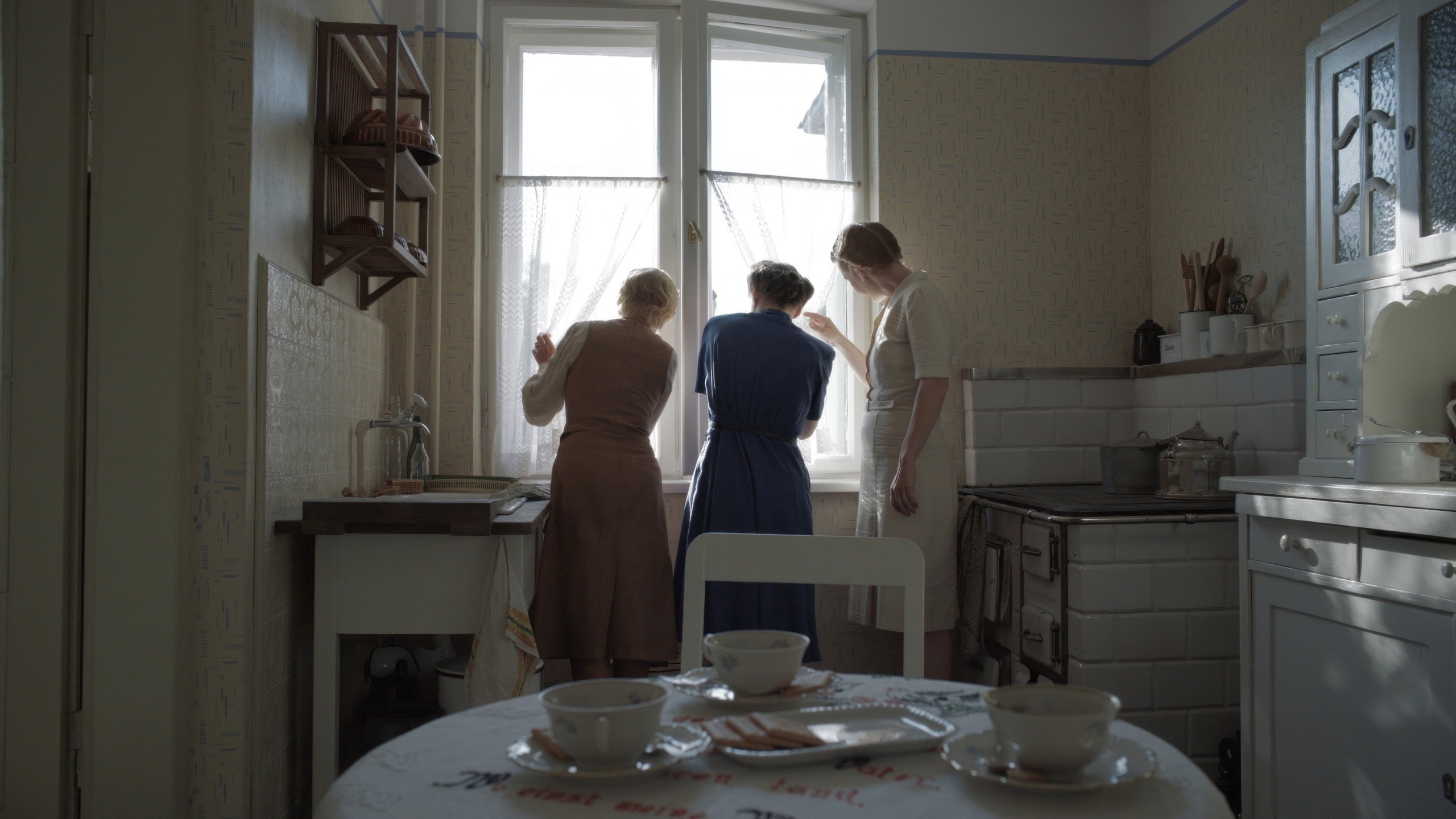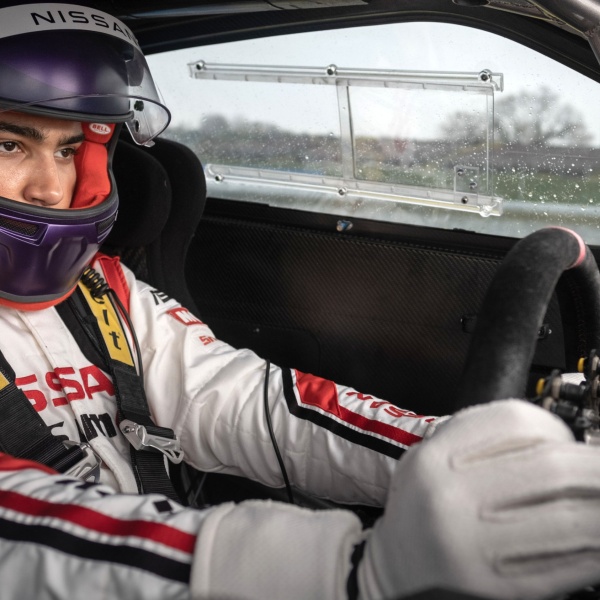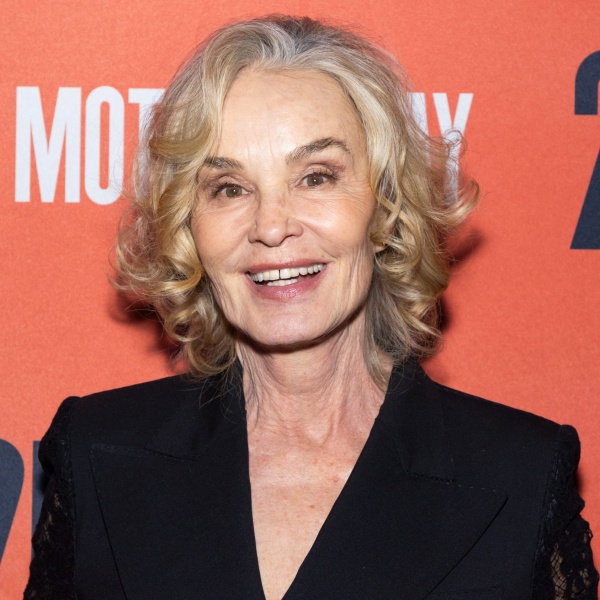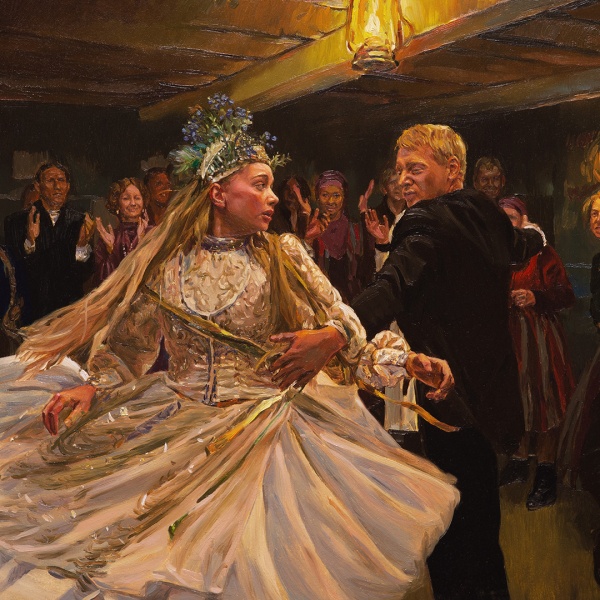It’s an old canard in the movie business: Never underestimate a Holocaust movie when it comes to Oscar attention. From Hungary’s Best Foreign Language winner “Son of Saul” (2016) and Oscar-winners “Judgment at Nuremberg” (1961), “Cabaret” (1973), “Sophie’s Choice” (1983), and “The Pianist” (2004) to Steven Spielberg’s Best Picture winner “Schindler’s List” (1994), many Holocaust subjects, especially shorts and documentary features, have won Oscars. Documentaries like “Anne Frank Remembered” won for 1995, “The Long Way Home” for 1997, “The Last Days” for 1998, and “Into the Arms of Strangers: Stories of the Kindertransport” for 2000, and more recently, the nonfiction short “The Lady in Number 6: Music Saved My Life” won for 2014 — just one week after its subject, Alice Herz-Sommer, the world’s oldest Holocaust survivor, passed away.
This season’s most decorated Holocaust film, “The Zone of Interest” (Metascore: 91) has multiple Oscar advantages. First, the film, which British filmmaker Jonathan Glazer adapted from the Martin Amis novel of the same name, was released December 15 by ace distributor A24, which won Best Picture last year for “Everything Everywhere All at Once.”
Last month, “The Zone of Interest” collected five Oscar nominations: Picture, Director, Adapted Screenplay, International Feature, and Sound. It is likely to take home a bunch of BAFTAs on Glazer’s home turf next weekend, adding to last week’s top win at the London Film Critics Circle Awards, as well as nods for Director, Music, and Sound.
And the last movie watched by Oscar voters often benefits from “recency bias,” from Best Picture winners “Lord of the Rings: The Return of the King” (December 17, 2003) to Clint Eastwood’s “Million Dollar Baby” (December 15, 2004). Even though “The Zone of Interest” nabbed the Grand Prix at Cannes last May and played the fall festivals, A24 opted to hold its release until December 8 and then moved it back a week when juggernaut “Poor Things” grabbed that date.
Cannes’ prize-winners, like Palme d’Or-winner “Anatomy of a Fall,” also starring Sandra Hüller, get a prestige boost in awards races. “The broader Academy takes seriously when this or that wins at Cannes,” said one Oscar campaigner. “They keep popping up, like ‘Parasite,’ ‘Drive My Car,’ ‘Triangle of Sadness,’ or ‘Worst Person in the World.’”
The Box Office
It’s been a long journey for “The Zone of Interest” since Cannes. Over the intervening months, producer James Wilson watched many Oscar contenders grab attention, including “Anatomy of a Fall,” as things seemed quiet for “Zone.” Finally, with the film in release, he told IndieWire, “We are seeing cinemas full of people to see ‘The Zone of Interest’ in London, and it is quite moving.”
For a foreign-language film with a heavy subject, the domestic box office for “The Zone of Interest” is strong and has pulled young audiences; last weekend, it added $1.1 million in 594 theaters. The film continues to play well in big markets (with Oscar voters in them) like New York, Los Angeles, San Francisco, Chicago, Washington, D.C., Dallas, Montreal, and Toronto. The total domestic gross is close to $4.6 million.

Many Academy members are catching up with “The Zone of Interest” now, partly because some were resisting watching it because of its grim subject. The same thing happened with eventual Best Picture winner “12 Years a Slave” (2014).
In some years, Oscar watchers pick up on late surges for certain titles, some of which turn out to be real: “Crash” took Best Picture over “Brokeback Mountain” in 2006, “Spotlight” over “The Revenant” in 2016, memorably, “Moonlight” over “La La Land” in 2017, “Parasite” over “1917” in 2020, and “CODA” over “Power of the Dog” in 2022.
The International Impact
On the other hand, while the Academy has leaned to the international side — 20 percent of members now come from other countries — “Parasite” remains the only foreign-language movie to ever win Best Picture. While many hoped it would forecast a sea change, it was inimitable: a hugely entertaining global hit with serious themes to elevate its thriller genre.
German-language “The Zone of Interest” was submitted for the Best International Feature Oscar by the UK, and that is the category it is favored to win. Glazer insisted on shooting “The Zone of Interest” in German because his story is set at the Auschwitz concentration camp, and that’s the language the people there were speaking at the time.
“The conversation about international is an obvious one,” said Wilson. “It’s the only nominee in that category that’s got five nominations, or four nominations for other things, so that would throw a spotlight on it. When we think of what the film is formally, and in terms of its atmosphere, and its ideas, and its structure, this just doesn’t seem like the type of film that is normally recognized and given visibility by organizations like AMPAS and BAFTA.”
The Sound of It
Adapted Screenplay is competitive, with “Barbie” staring down “Oppenheimer” and another American film with five nominations, “American Fiction,” in the mix as well. But another category that “The Zone of Interest” could win is Best Sound. That’s due to its singular prominence in the narrative.
“All the violence that is occluded in the film,” said Wilson, “that formally speaks to the idea of the film, this selective empathy for what’s over the other side of the wall, literally their wall, and metaphorically, their wall and our walls as viewers, in terms of what systematic violence or injustice we are able to tune out to live our safe, comfortable, secure lives. The sound is part of the DNA of the film. And that’s quite unusual in a film to foreground sound in that way. You have a film in which the sound is almost a character.”
While the Sound Oscar often goes to lavish big-budget Dolby Atmos movies like “Mission: Impossible — Dead Reckoning,” precedents for a small-scale indie winning Best Sound include “Whiplash” (Mixing, 2016) and “Sound of Metal” (2021).

The conceit of “The Zone of Interest” is an inside-out view of Auschwitz in which we are within the domestic perspective of the house and the garden of the commandant of Auschwitz and his family. The wall of the camp abuts their lovely mixed flower and vegetable garden with a paddling pool. “The whole idea of the film was to be in that space, to not go over the wall, and not to stage visually the crime, the violence,” said Wilson. “There’s no visual violence in ‘The Zone of Interest.’ You hear violence, but you don’t see any violence. There was the film you see, and the film you hear, and in post-production, they came to refer to it as Film One and Film Two.”
Editor Paul Watts cut Film One before adding the sounds of the working camp, the prisoners, the guards. “Johnnie [Burn] started putting in the sounds over the wall,” said Wilson, “the shots, the violence, or the band playing or marching feet. And then it was a long and complex process of calibration. The sound was very delicate. If you just went for it at the beginning right into a constant barrage of violence, it was too much. It has to ebb and flow.”
The other hurdle was actually producing the sounds, as the director demanded they be real. “Johnnie Burn made a document of the sounds that he needed to gather on the production,” said Wilson. “Every shout has to be real. He had to create the cacophony of stuff, and he himself or his people would go to football matches in Hamburg, or bars throwing out drunken men. It’s like a sound bank.”
The Competition
What about “Oppenheimer,” you ask? With 13 Oscar nominations, the Christopher Nolan film ticks all the boxes for a Best Picture (and likely Director) win: it has scale and scope and historical gravitas, and will continue to win Guild and other awards like the BAFTAs. Universal will not slack in the final weeks of the voting, which starts February 22 and ends February 27. In all likelihood, “Oppenheimer” will go home with a slew of gold statues.
But if there were one movie that had a sliver of a chance to overtake “Oppenheimer,” with passion and political timeliness behind it, “The Zone of Interest” would be it.
Next up: Following its strong openings in the UK and France, the movie opens in Germany on February 29.





